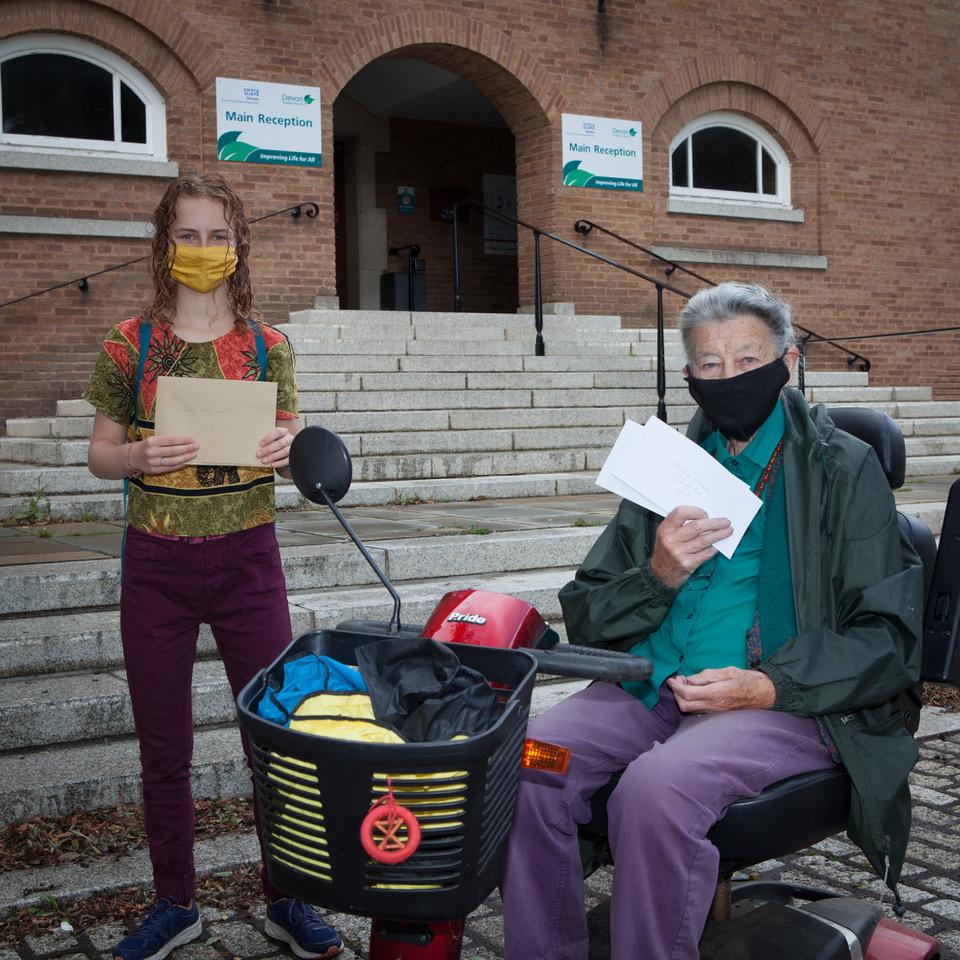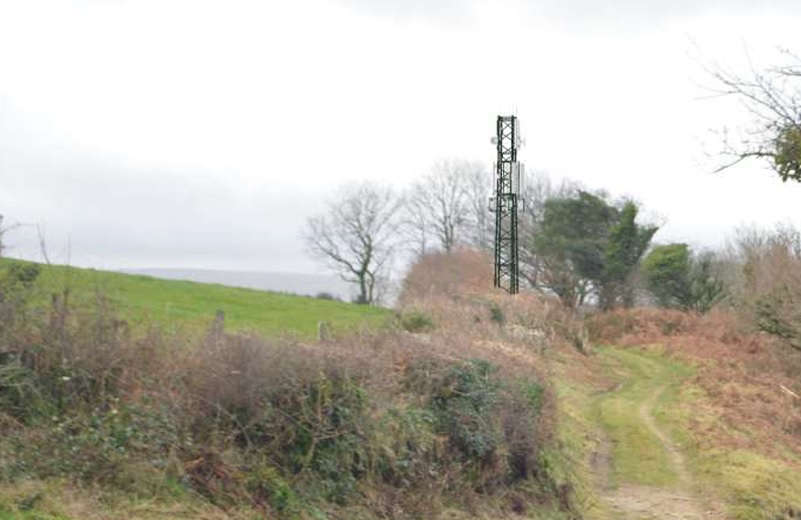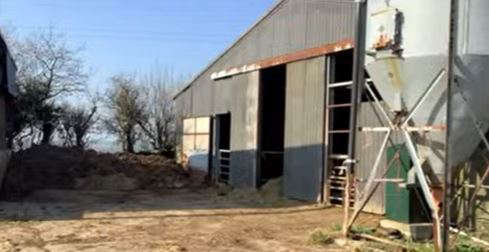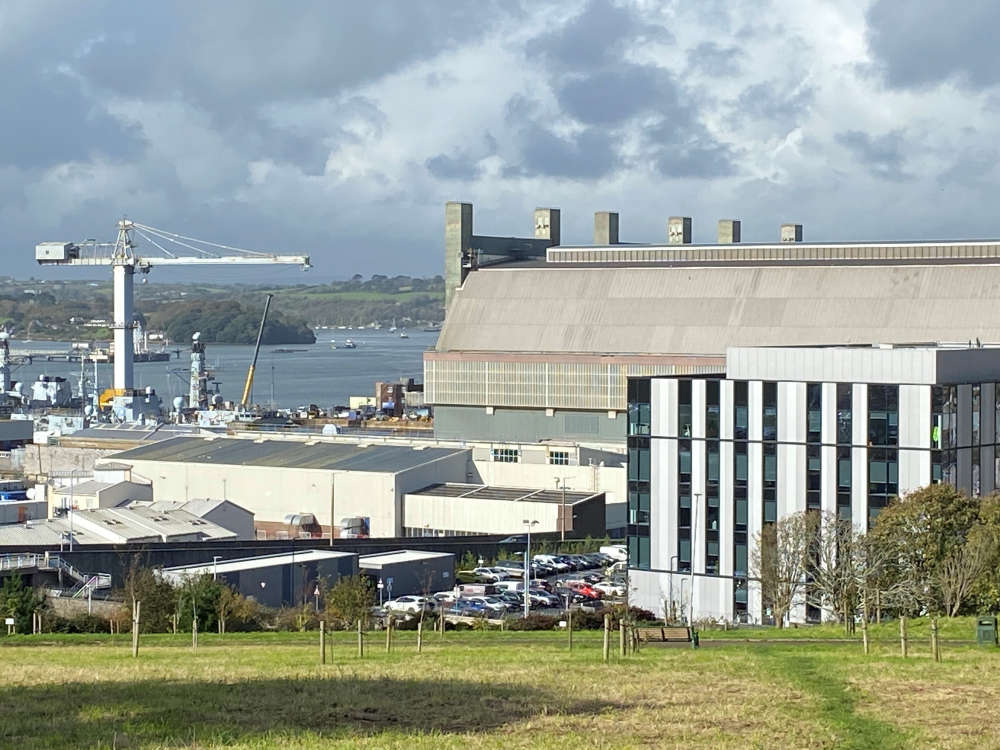
She doesn't want pension profiting from oil
A Devon pensioner has taken to the campaign stump to protest that her pension benefits from the success of fossil fuel companies.
Oil firms, along with tobacco, gambling, weapons and alcohol, are often thought of as 'sin stocks' - and although they can be profitable, some people don't like the idea that their retirement is funded by the arms trade or oil firms.
Penelope Putz, 90, of Exeter Quaker Meeting is one of them. As a former Devon County Council employee, she's living partly off a pension fund managed by an organisation called Brunel Partnership. She doesn't want Devon's pension fund investing in the production and distribution of fossil fuels.
Mrs Putz has joined young strikers in a group called Fridays For Future in handing a letter to Devon County Council calling for cleaner investments. She has been asking for some time for her pension to be invested in a way which does no harm to her grandchildren, great grandchildren and descendants.
Mrs Putz writes: "Last month the National Savings Trust joined other schemes in divesting from fossil fuels. When will DCC and Brunel follow? It is widely accepted that the value of fossil fuel assets will decline, and that good returns are available in the green economy. Why are you not protecting my pension by switching?
“DCC has declared a climate emergency so why doesn`t Devon`s Pension Fund support that? I fear for the future which we are leaving for our grandchildren. Should we not do what we can to mitigate the trend?
The letter from members of Fridays for Future was handed in by Jessie Nichols. It said: “ In case you’ve forgotten who we are, we’re the bunch of rabble-rousing climate kids that used to come and protest outside the council on a Friday before the pandemic…….Whilst pension investments might not directly relate to us as young people, the harm that fossil fuel emissions cause to our planet should concern us all. The climate crisis is a global issue that is already having devastating effects, particularly upon the most disadvantaged communities. Right now, hundreds of thousands are flooded, starving, homeless, widowed, orphaned, and dead because of it.”
 Dartmoor phone mast gets the go-ahead
Dartmoor phone mast gets the go-ahead
 Livestock processing plant refused at Shebbear
Livestock processing plant refused at Shebbear
 Devoncast - New lives for two Devon landmarks and the mysteries of AI
Devoncast - New lives for two Devon landmarks and the mysteries of AI
 Two Devon warships could be sold to Brazil
Two Devon warships could be sold to Brazil
 Devon police dog honoured
Devon police dog honoured
 Schizophrenic knifeman given indefinite hospital order
Schizophrenic knifeman given indefinite hospital order
